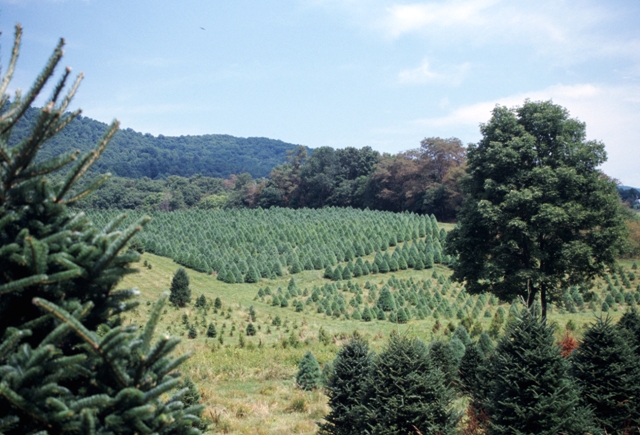Virginia farmers had the opportunity to share their experiences during the inaugural Farmers First roundtable hosted by U.S. Secretary of Agriculture Brooke Rollins.
The roundtable, held May 7 at the U.S. Department of Agriculture in Washington, was an opportunity for Rollins and other federal officials to hear from farmers about issues facing America’s small, independently run farms.
“At USDA, we understand there are many challenges to starting a new farm and maintaining a small family farm,” Rollins said. “While there are many programs to assist our farmers, we feel strongly that it takes government entities, nonprofits and the private sector working together to improve the viability, prosperity and longevity of small family farms. I have had the honor of visiting many farms and speak with families over the last several months and have heard firsthand that farmers are struggling. We are working every day to improve the farm economy.”
Among the 20 farmers from 11 states who attended the roundtable were Virginia farmers Thomas Henley of Goochland, Jimmy Maclin of Brunswick and Morgan Slaven of Augusta. The three helped represent Virginia’s small, family-run farms that are the backbone of the commonwealth’s rich agricultural sector.
“I was honored to be invited to voice some struggles faced by family farms and young farmers in Virginia,” said Henley, a multi-generational dairy and grain farmer and chair of the Virginia Farm Bureau Federation Young Farmers Committee. “Secretary Rollins had a thumb on the pulse of what we’re facing and came prepared with planned changes that address our concerns in some capacity, which was very encouraging.”
Henley said that key points raised during the roundtable included the rising cost of farmland and the growing pressure to preserve prime farm acres, particularly from non-agricultural uses like solar and data facilities. Many farmers, especially beginning and young farmers, continue to face barriers like access to affordable farmland and accessible capital.
“There was a common theme of how important farmland access and affordability are to farmers across all states,” Henley relayed. “It’s alarming that farmers seem to be the least competitive when it comes to buying the land they depend on to feed our nation.”
Farmers also shared their concerns about succession planning, emphasizing the importance of securing family farm operations for future generations, as the average age of farmers increases. Additionally, participants discussed a push to standardize locally produced food for public institutions like schools and hospitals to promote healthy living and support local communities and farmers.
And while the nation’s farms are diverse in size, region and production, “the biggest thing I learned from our conversations was that we all have common concerns,” Henley noted.


